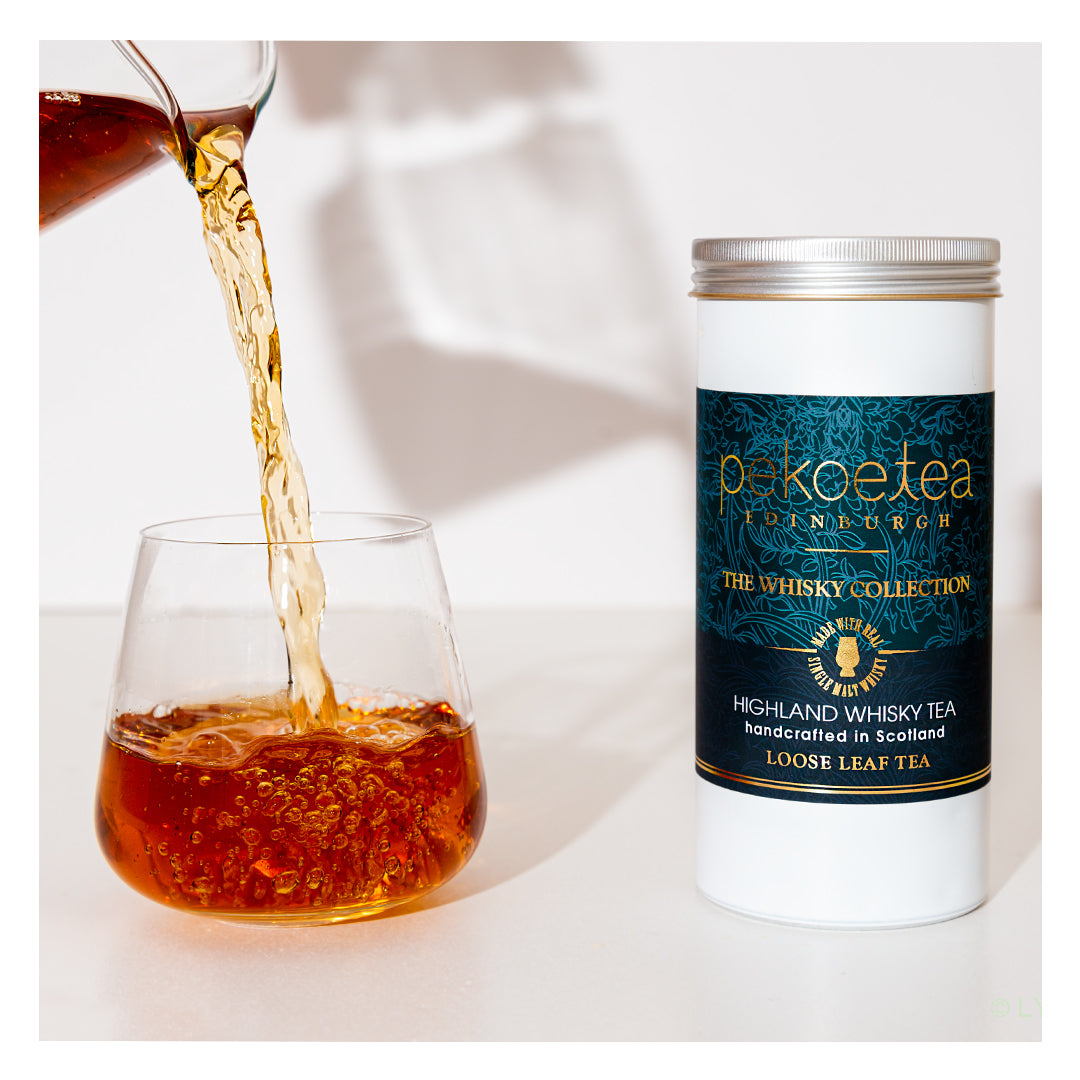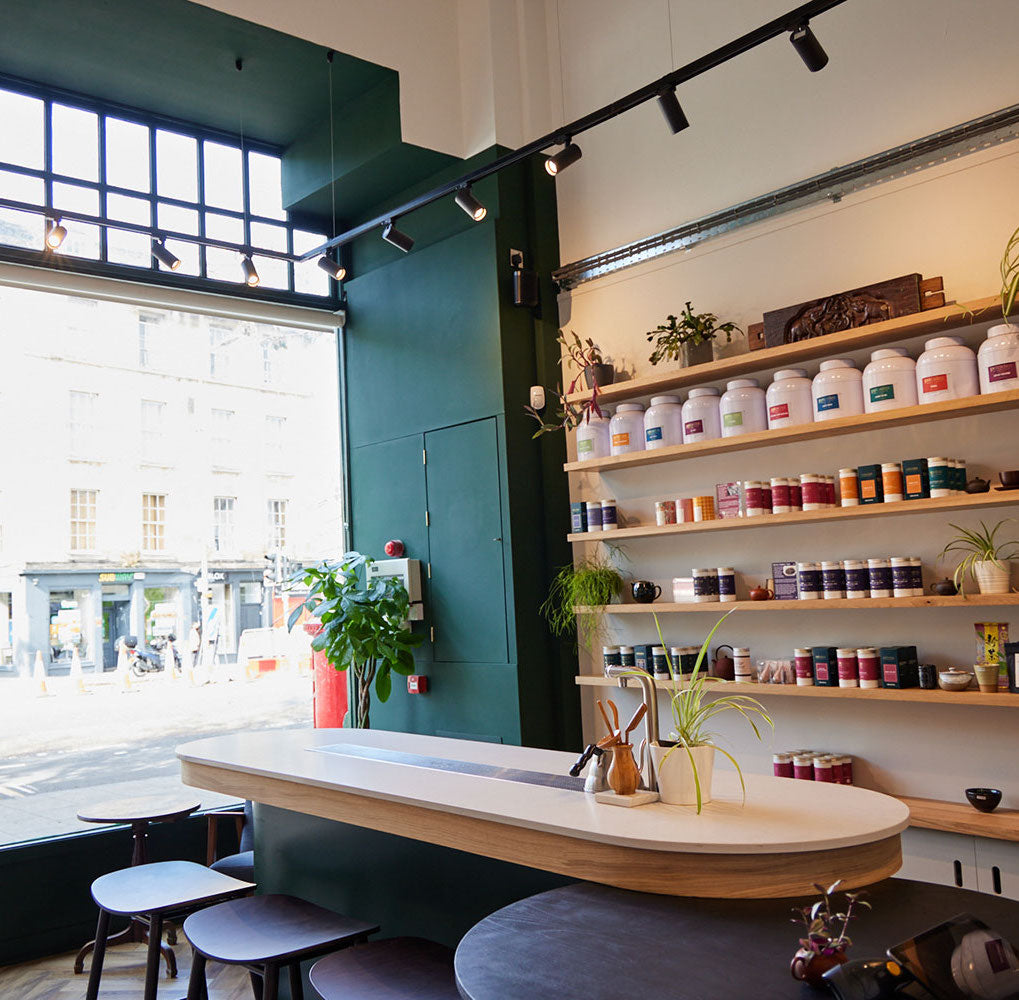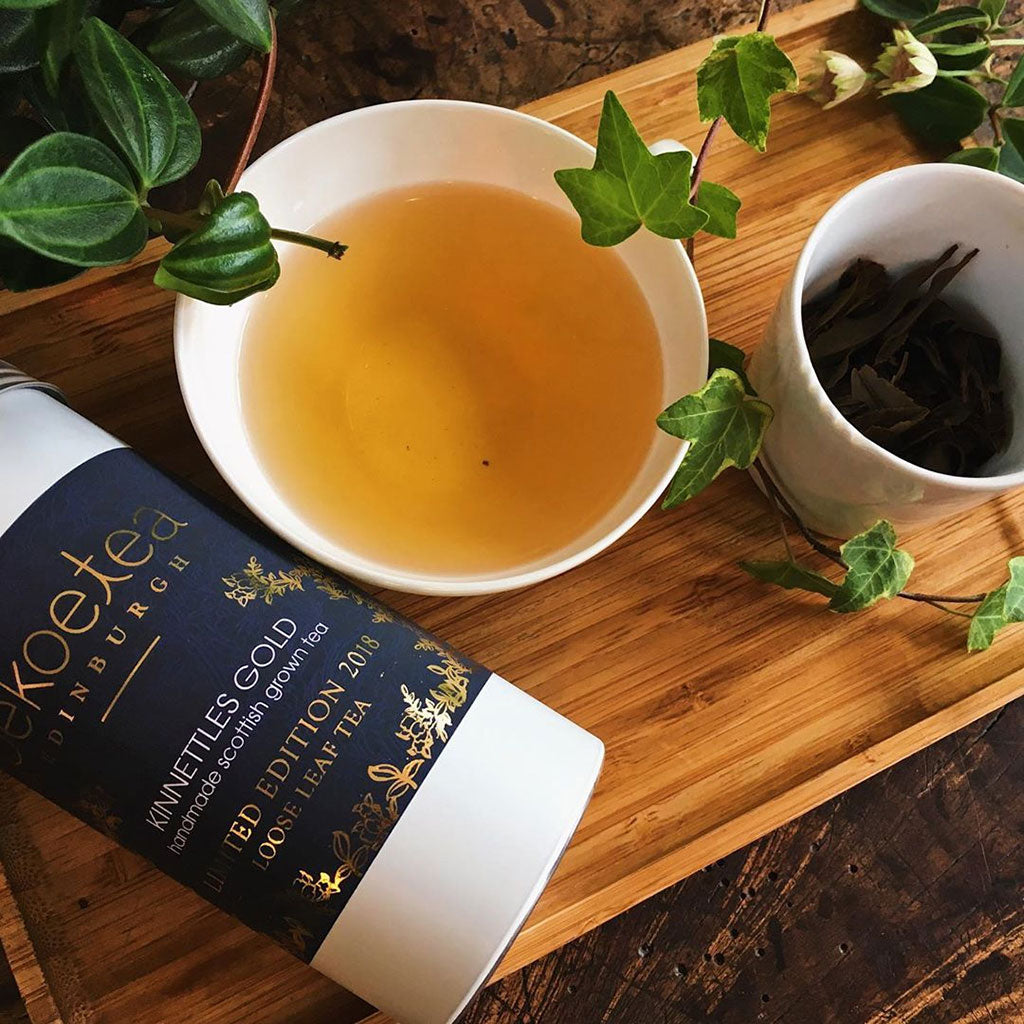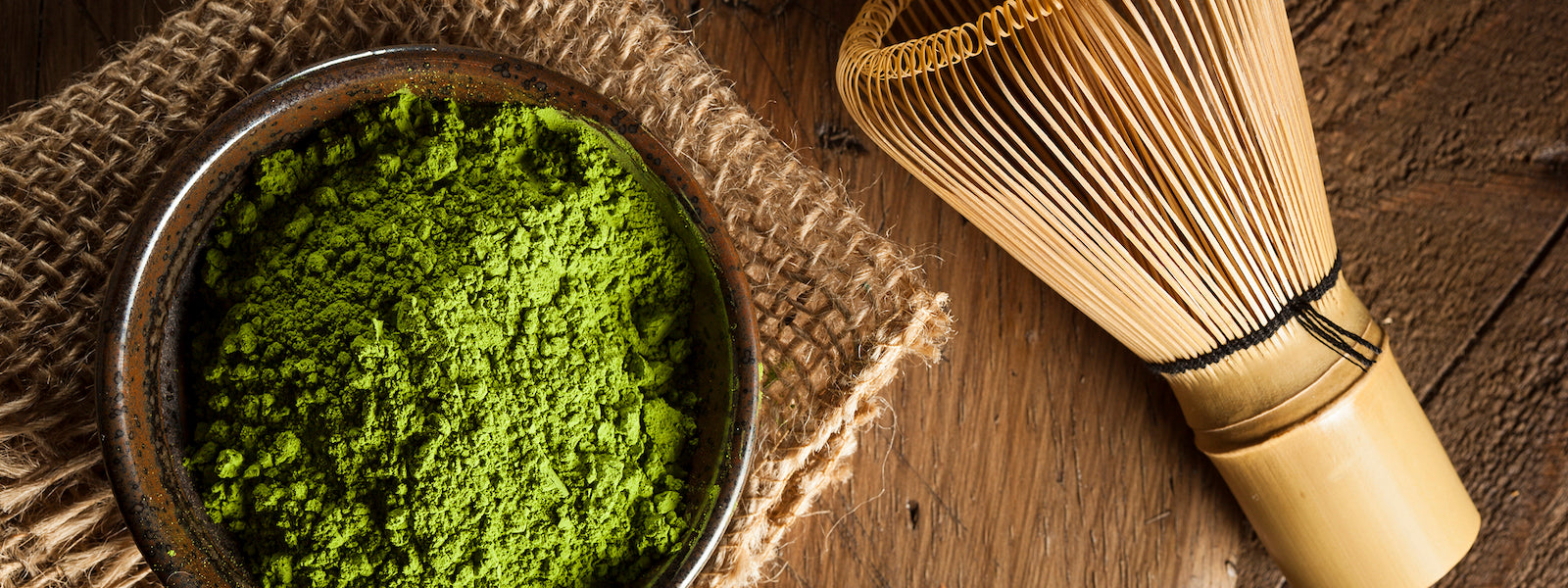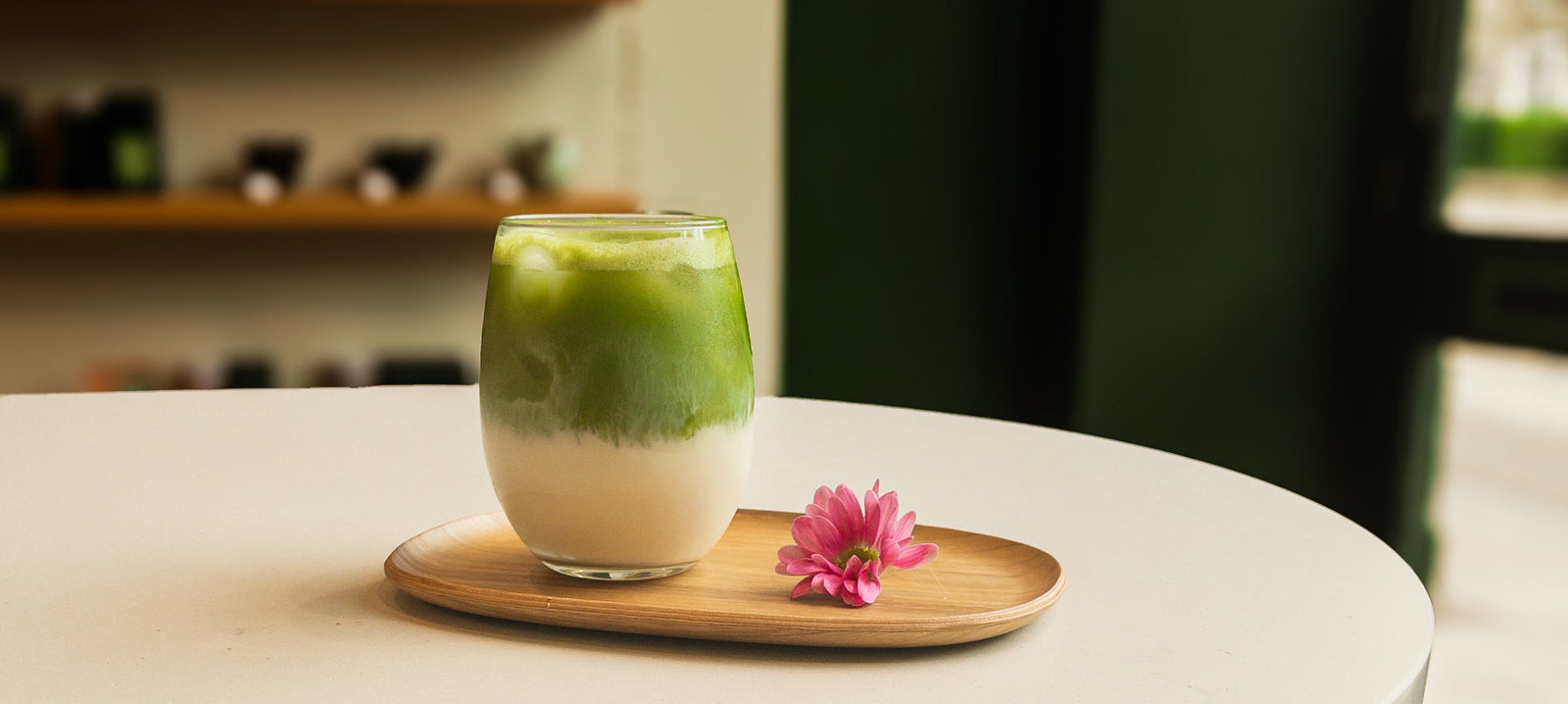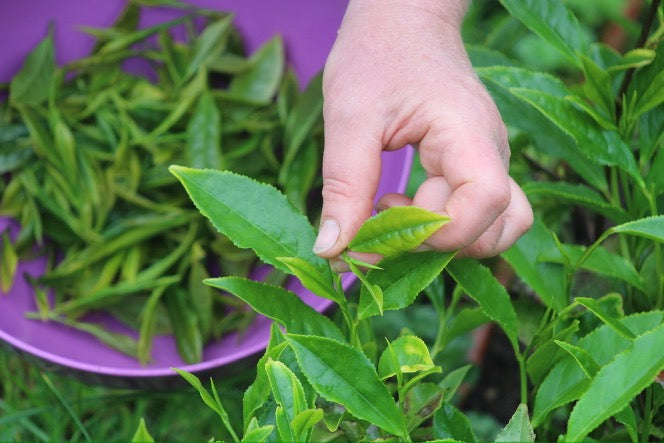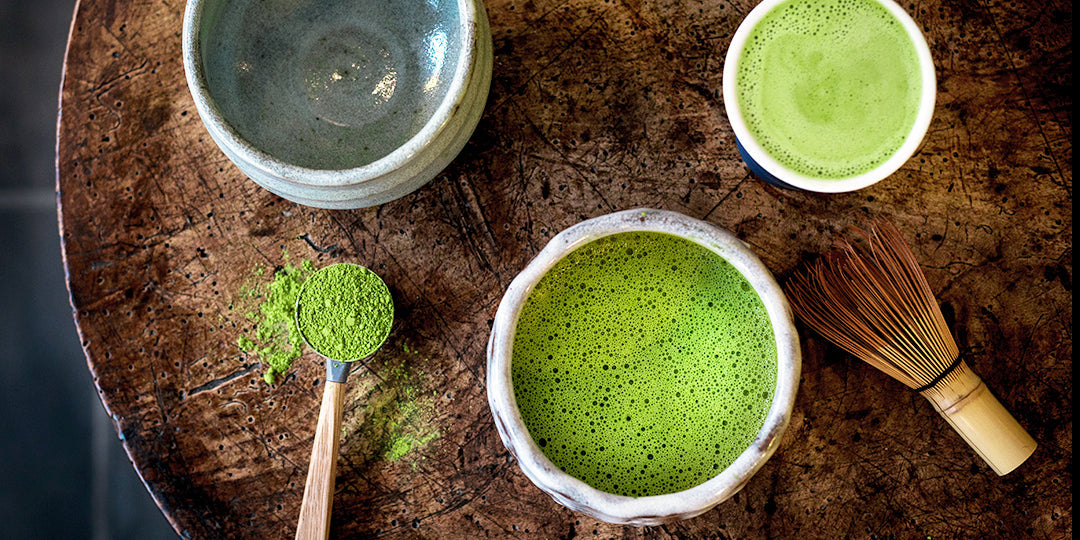Japanese Teas
Japan has a long history with tea, and the Japanese have made strides in creating their own culture around it including coming up with their own distinctive brewing and processing methods.
We've seen a growing popularity in our Japanese teas lately and thought it might be interesting to offer up some additional information for the interested reader and tea drinker.
Only green
You've probably noticed that all of the Japanese teas we stock are greens. Well, unlike other tea growing nations the Japanese focus almost entirely on green teas.
They fix the leaves from oxidising in a unique way, by steaming them. A process invented by Soen Nagatani in 1738, it is what gives many Japanese greens their fresh, grassy taste. Fixing the teas with a wet heat like this means the leaves retain more of their bright green colour, and so the infusions do too.
Delicate brewing
The tea leaves are delicate, and need infusing at lower temperatures for shorter periods to avoid them becoming bitter. You can aim for around 70ºC and infusion times can be as short as 30 seconds.
Alongside the three core teas pictured above, we're currently stocking some extra special Sonogi senchas.
Matcha
Japanese Matcha is tea ground to a fine powder. We sell two grades, ceremonial and cooking. For the average drinker the standard cooking grade of Matcha will probably suffice. You can do more than just drink it, the cooking grade is also ideal for adding to salads, soups, ice cream and is the grade used when making green tea lattes.
Making matcha requires its own mini ritual, a calming zen process. Traditionally prepared in a special bowl called a Chawan, the powder is whisked in hot water with a Chasen until it develops a tight foam on the surface and all the powder is dissolved.
Chawan

Kyusu
The term 'Kyusu' simply means 'teapot', and in a strict sense covers any vessel made in Japan and used to infuse tea. There are many types, the most common being the 'Yokode No Kyusu' or side-handled teapot style.
As well as the shape, the materials used to make the pots are also important. Different clays, different firing techniques and different glazes combine to make a handmade kyusu into a work of art, as well as adding a certain something to tea prepared with care in one.
We've some beautiful Kyusu in store from Tokoname.
Browse out Japan collection using our online store to find other examples of teaware and varieties of Japanese tea that we stock, and sign up to our mailing list for news of new arrivals, priority tastings, special offers, and exclusive discounts.
If you're in Edinburgh then do stop by and say hello – our friendly staff will be more than happy to answer any questions you might have about Japanese teas (or anything else tea-related for that matter).
Instagram: @pekoetea

